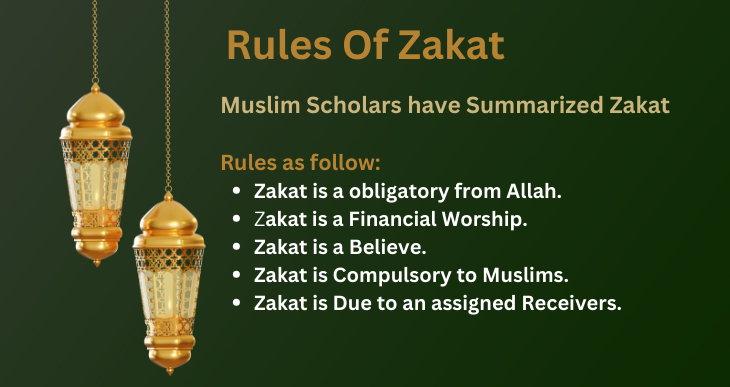Zakat charity is an essential pillar of Islam, representing one of the Five Pillars of Islam. It is a form of obligatory charity that holds significant spiritual and social importance within the Muslim community. Derived from the Arabic word "zakat," which means purification and growth, Zakat charity is not just a financial obligation but also a means of purifying one's wealth and giving back to those in need.
Historical Background:
The concept of Zakat has roots in the early days of Islam, with references in the Quran and the teachings of Prophet Muhammad (peace be upon him). It was instituted as a means of redistributing wealth and supporting the less fortunate members of society. Zakat was prescribed as an obligation for every adult Muslim who possesses wealth beyond a certain threshold (nisab) for one lunar year.
Principles and Guidelines:
Zakat is calculated as a percentage (usually 2.5%) of one's accumulated wealth, including savings, investments, gold, and silver, among other assets. This amount is then distributed among specific categories of recipients, including the poor and needy, the destitute, travelers in need, those in debt, and for the cause of Allah. Zakat cannot be used for purposes such as building mosques or supporting one's own family members unless they are eligible recipients.
Distribution and Collection:
Zakat is typically collected by Islamic organizations or government authorities in Muslim-majority countries. In some cases, individuals may choose to distribute their Zakat directly to those in need, ensuring that their contribution reaches the intended recipients promptly. Islamic scholars emphasize the importance of transparency and accountability in Zakat distribution, ensuring that funds are allocated appropriately and according to Islamic principles.
Impact and Benefits:
The impact of Zakat charity extends beyond providing immediate relief to those in need. By fulfilling this obligation, Muslims cultivate a sense of empathy, compassion, and social responsibility within their communities. Zakat serves as a mechanism for wealth redistribution, reducing economic disparities and fostering social cohesion. It also strengthens the bonds of brotherhood and solidarity among Muslims, as they come together to support those facing hardship.
Challenges and Contemporary Practices:
In modern times, several challenges have emerged in the implementation of Zakat charity. These include issues related to calculating Zakat on diverse forms of wealth, ensuring transparency in distribution, and addressing the needs of marginalized groups such as refugees and displaced persons. Additionally, in non-Muslim majority countries, Muslims may face difficulties in finding reliable channels for Zakat collection and distribution.
To address these challenges, many Islamic organizations have adopted innovative approaches to Zakat management, including digital platforms for donation collection, Zakat funds earmarked for specific projects such as education and healthcare, and partnerships with international humanitarian organizations to reach vulnerable populations globally.
If You Want to Donate and help the poor needy childrens and families then click here for donation.
Conclusion:
In summary, Zakat charity is a fundamental aspect of Islamic faith and practice, embodying principles of compassion, justice, and solidarity. By fulfilling the obligation of Zakat, Muslims contribute to the welfare of their communities and uphold the values of social justice and equality espoused by Islam. Through transparent and accountable practices, Zakat has the potential to alleviate poverty, empower the disadvantaged, and foster a more equitable and compassionate society.

